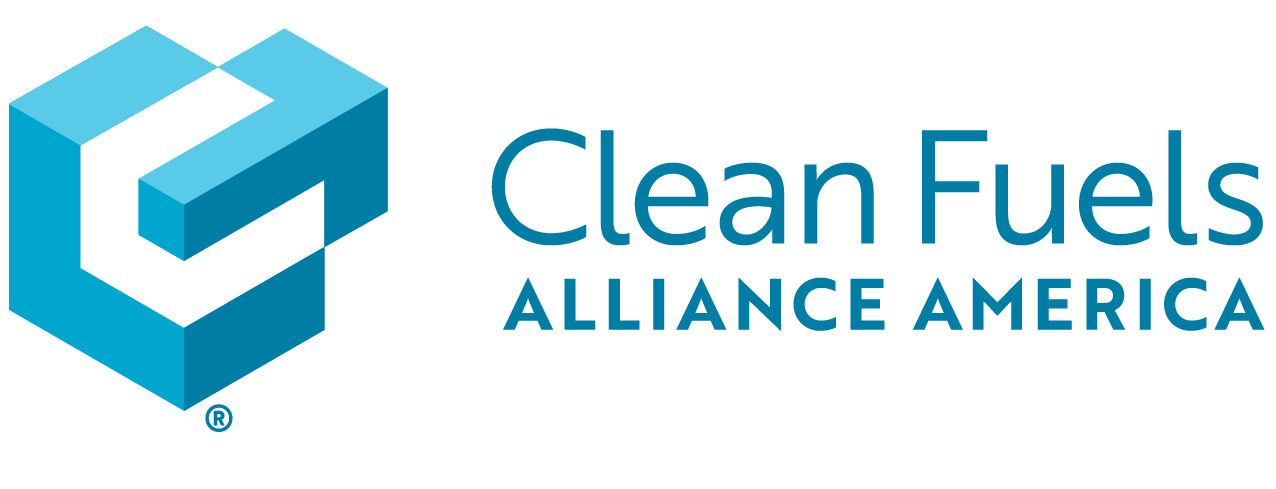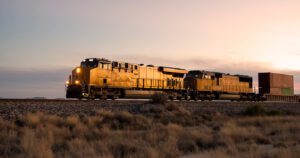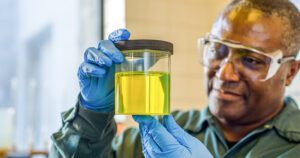By Scott Fenwick, Technical Director at Clean Fuels Alliance America
Published in SIGMA IGM Magazine | March/April 2024 Issue
One of the largest fleets in North America is making big moves to meet its decarbonization goals. In 2021, multinational food and beverage company PepsiCo announced its new sustainability initiative— PepsiCo Positive. I was able to discuss their plans and implemented practices with representatives from PepsiCo and Optimus Technologies at a main stage session at the recent Clean Fuels Conference.
“It’s really about our future, and this transformation is deliberate and strategic, and it puts sustainability right at the heart of how we do what we do,” David Allen, PepsiCo’s Vice President and Chief Sustainability Officer said. “It’s how we’re going to grow, how we’re going to create value, and how we’re going to ensure long term success and bring positive environmental benefits for the planet and all of its people.”
The company has set a lofty target— net zero emission by 2040. To meet these climate goals and the needs of its complex fleet, PepsiCo has employed renewable sources like alternative fuels to decarbonize and improve operational efficiency. The shift to renewable energy within all facets of the company’s owned and regulated operations, franchise endeavors, and third-party involvements could lead to a decrease of around 2.5 million metric tons of greenhouse gas (GHG) emissions by the year 2040— equivalent to the reduction to removing over half a million cars from the roads for an entire year.
Part of PepsiCo’s plan includes energy diversification across its 80,000-asset fleet, and the solution isn’t a one-size-fits-all answer.
“We have a very diverse fleet,” Adam Buttgenbach, Director of Fleet Engineering and Sustainability with PepsiCo said. “The way that we manage and move those through our supply chain consists of everything from Class 1 through Class 8 vehicles, on highway and off-highway, yard management, material handling equipment. With that very diverse operating cycle that we have, we try to find the best solution that fits the needs of the business as well as the low carbon energy for that. For the past two decades we’ve focused on improving the efficiency of our fleet with aerodynamics, low rolling resistance, and also incorporating a lot of alternative fuels.”
While natural gas and electric vehicles are part of the solution, so are low-carbon, clean renewable fuels. PepsiCo is using renewable diesel for some of its operations in California and biodiesel in other parts of the country. The company has also partnered with Optimus Technologies for a B100 pilot project.
This project started at PepsiCo’s Frito-Lay manufacturing plant in Topeka, Kansas with 10 vehicles. They wanted to test B100’s performance in over-the-road operations that traveled in rural parts of the United States, a sector that is traditionally very hard to decarbonize. The success of that pilot project gave PepsiCo the confidence to continue building out the program. There are now several dozen trucks operating on B100 year-round out of Topeka. They are expanding this program in February to include their Wisconsin plant, with plans to scale up throughout the year with a couple hundred more trucks operating on B100.
Because most engines are not immediately equipped to use B100, PepsiCo has utilized the Optimus Technologies Vector System to convert diesel engines to run on 100% biodiesel.
“The technology provides a low-cost pathway to decarbonization that allows fleets to maintain their business resiliency and operations, because we’re never inhibiting the engine from running traditional diesel or renewable diesel,” said Optimus Technologies CEO Colin Huwyler.
Many different fleets are utilizing this technology to quickly and cost-effectively lower their emissions. Municipalities and commercial groups like PepsiCo are catching on to the here-and-now benefits of upgrading their current fleets to run on B100.
“We need progress not perfection,” said Allen. “We need action and progress now. If we wait for a perfect solution, we won’t go anywhere, whether we’re talking biofuels, whether we’re talking agriculture, whether we’re talking any of the elements of sustainability and improvement. It’s about incrementality, then where do we go from there.”
PepsiCo hopes to not just show off their methods for meeting sustainability goals—they want to encourage and empower others to do the same.
“As we look to be a leader in the space, it’s not just ‘how do we educate and try to advance and show fleets what we are doing,’ but how do we help enable them to follow similar goals for decarbonization,” Buttgenbach said.
PepsiCo has proven that biodiesel and B100 play important roles in achieving sustainability goals and was recognized with the Clean Fuels Alliance America Inspiration Award at the Clean Fuels Conference 2024. The company is tackling environmental challenges head-on and blazing a trail for fleets to lower carbon emissions now and in the future.
ABOUT CLEAN FUELS ALLIANCE AMERICA
Made from an increasingly diverse mix of resources such as recycled cooking oil, soybean oil, and animal fats, the clean fuels industry is a proven, integral part of America’s clean energy future. Clean Fuels Alliance America is the U.S. trade association representing the entire biodiesel, renewable diesel and sustainable aviation fuel supply chain, including producers, feedstock suppliers and fuel distributors. Clean Fuels receives funding from a broad mix of private companies and associations, including the United Soybean Board and state checkoff organizations.





